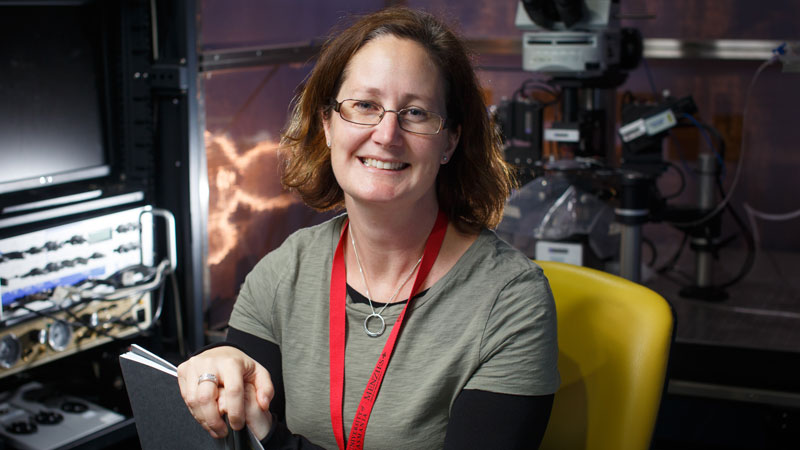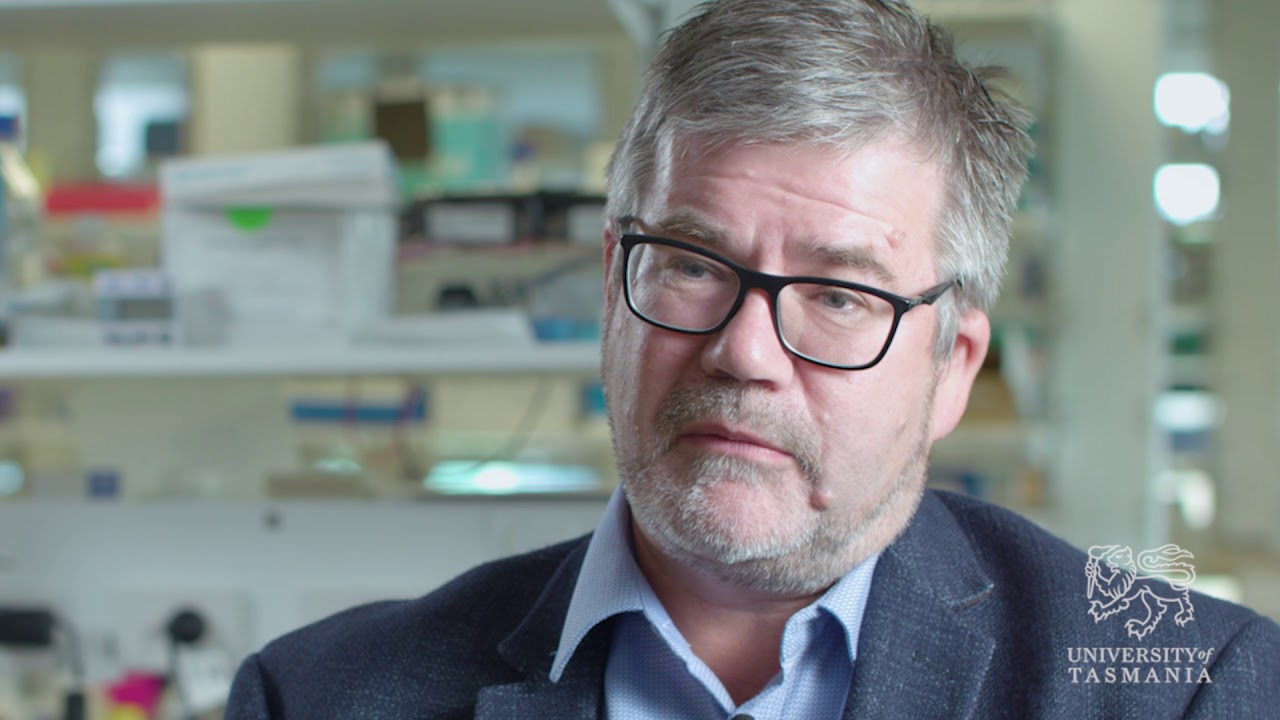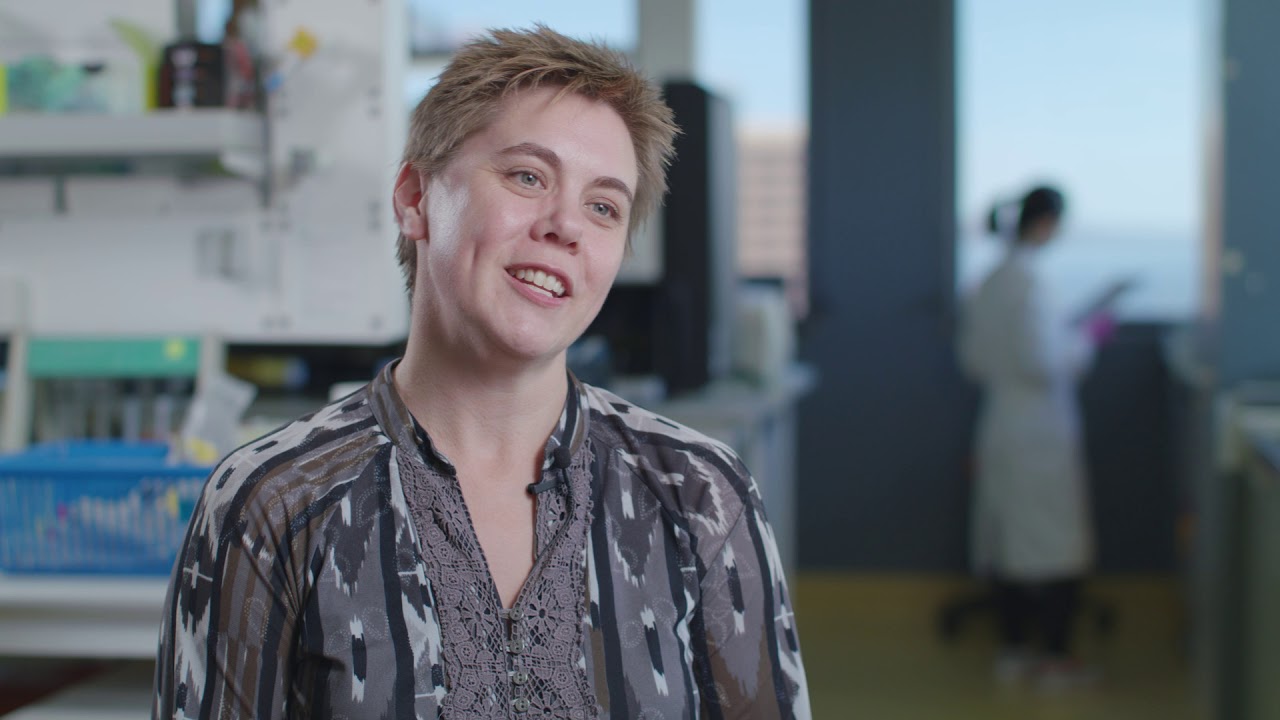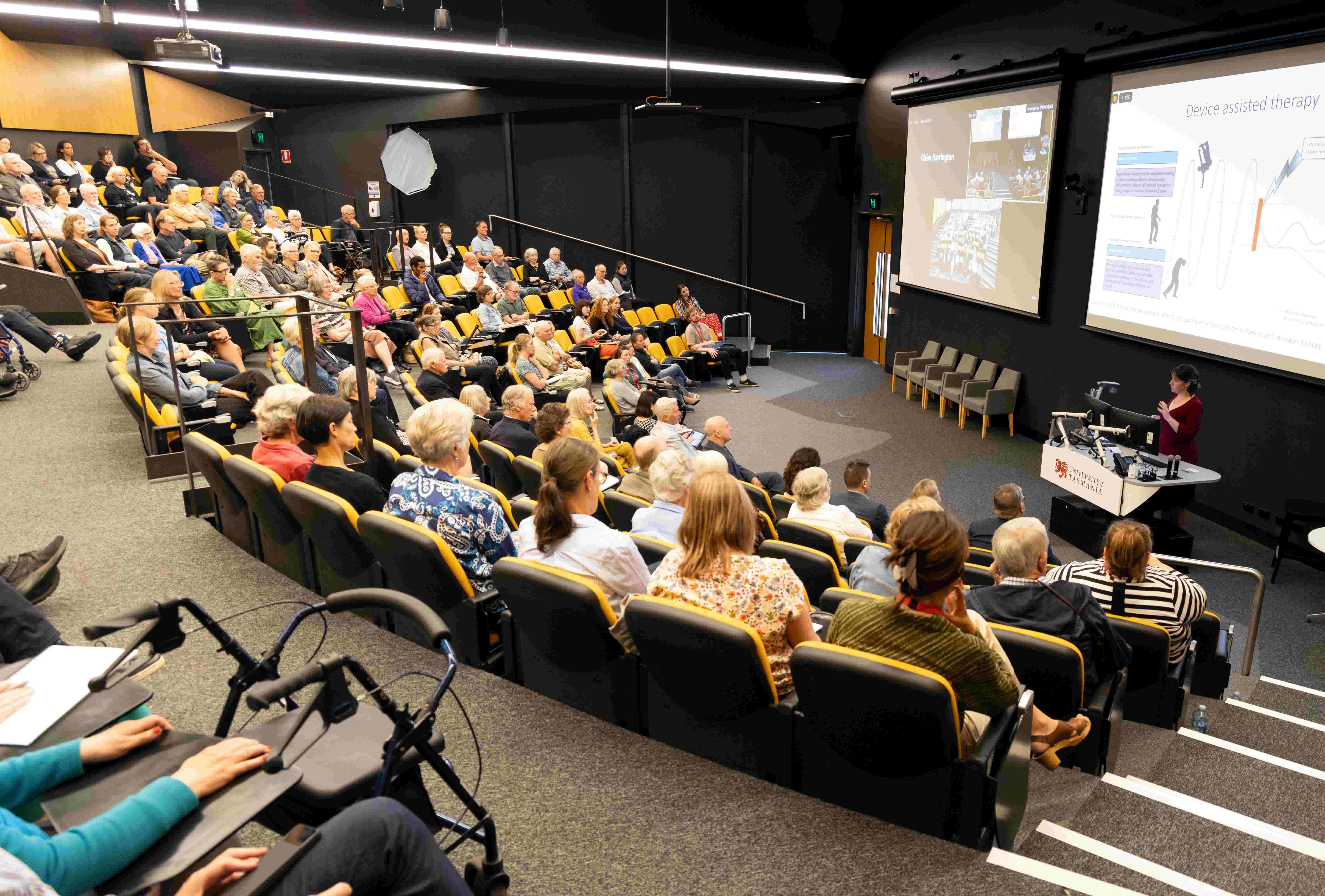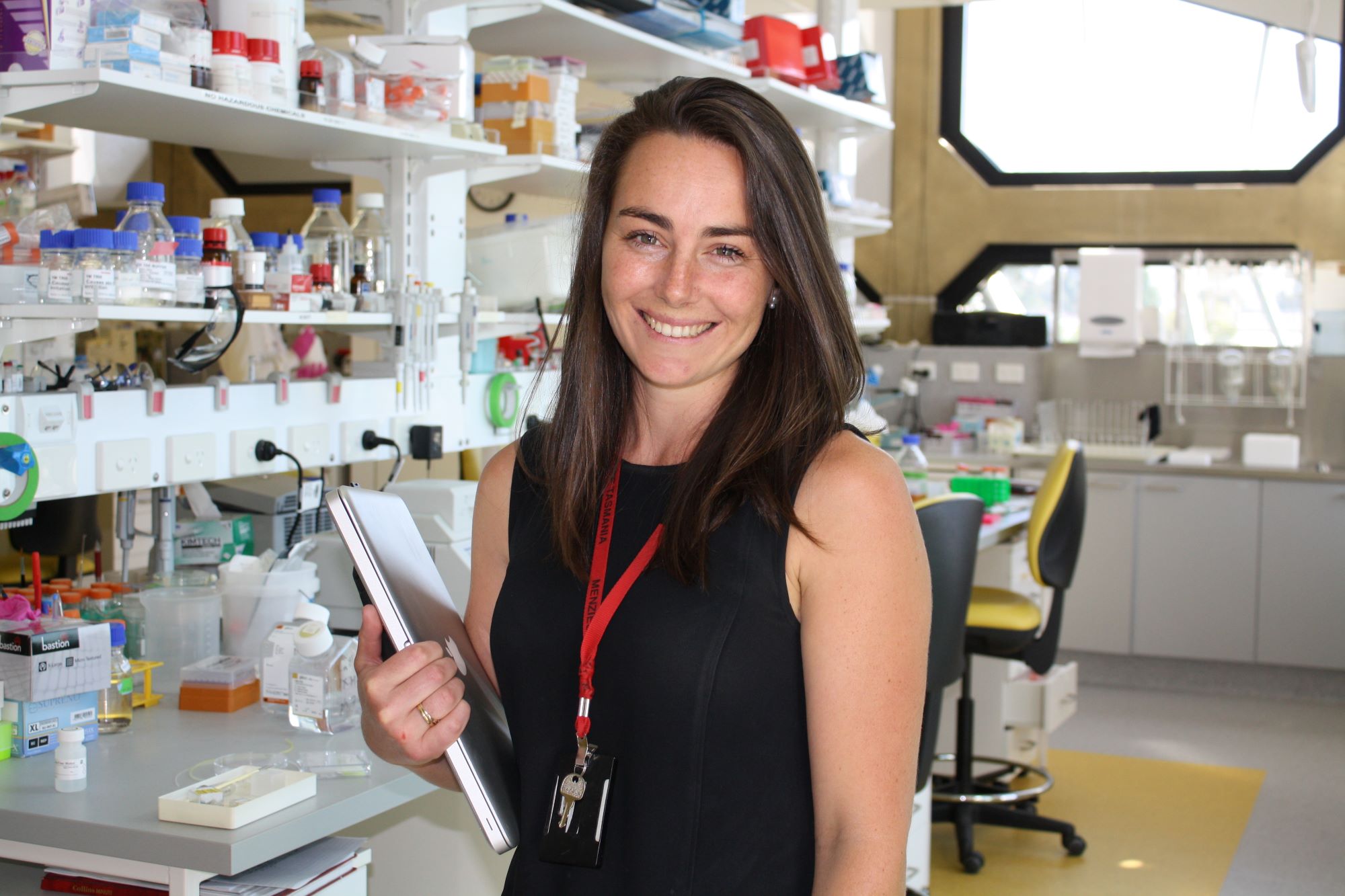Research
Our Research:
We will transform health outcomes through professional education and research which is of global importance and local relevance. This will lead to healthier, longer and better lives.
We are a key partner in the Tasmanian Collaboration for Health Improvement which will improve health outcomes for all Tasmanians through a shared translational research agenda.
Research in the College of Health and Medicine
The College brings together brilliant people with wide-ranging backgrounds and areas of expertise to solve critical issues for human health and medicine. Our themes of research are: Brain Science, Behaviour & Neurodegenerative Disease; Prevention and Management of Chronic Disease; and Molecular Genetics of Human Disease.
Introduction to our Research – Professor Tracey Dickson (Associate Dean of Research)
The College
The College of Health and Medicine has researchers working in the School of Medicine, School of Health Sciences, School of Nursing, Menzies Institute for Medical Research and Wicking Dementia Research and Education Centre. We benefit from excellent multidisciplinary networks; including close links with our community, our health system, clinical professionals and industry.
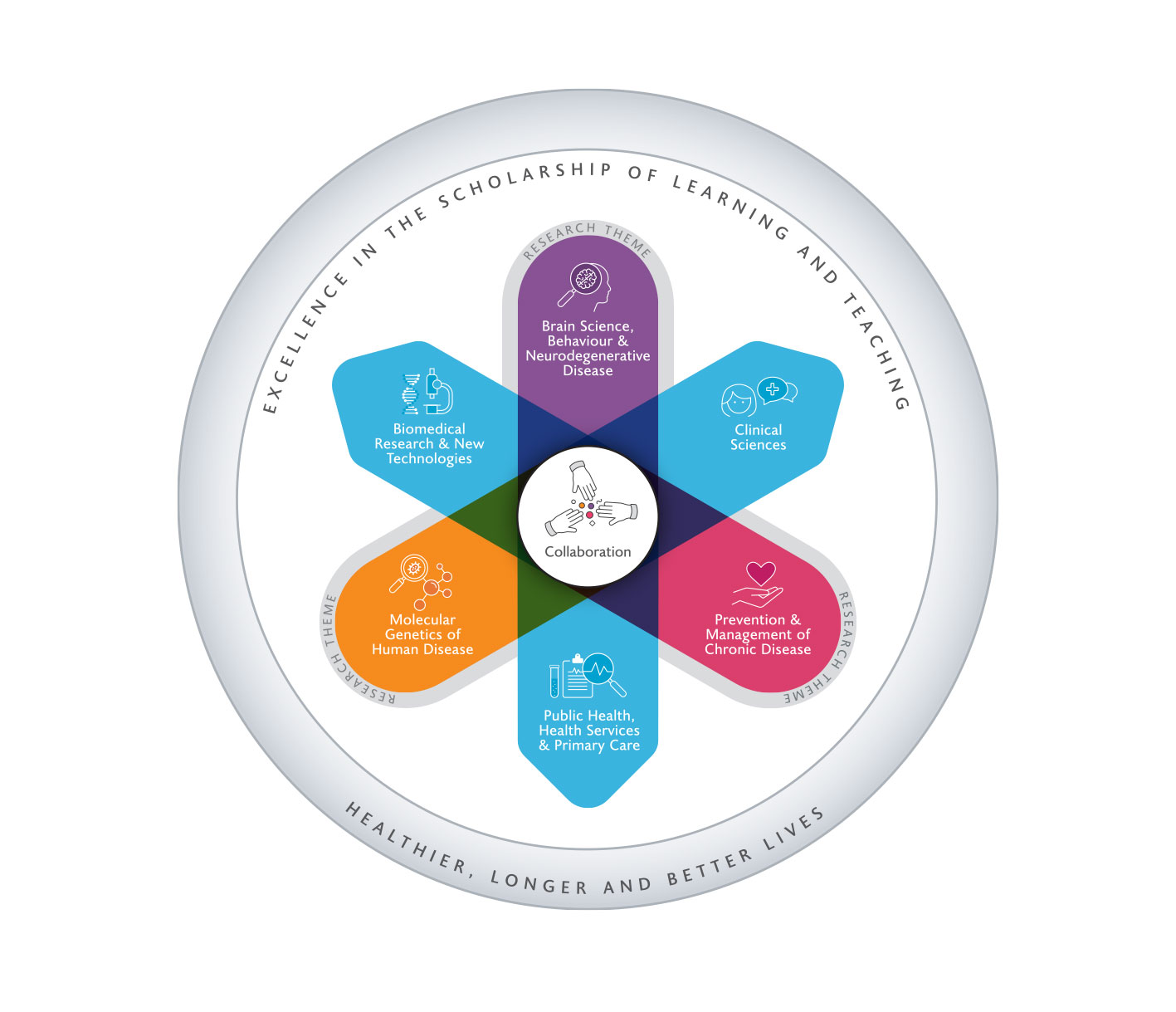
Our Unique Approach
We have a clear vision and ambitions for the future of research in the College. Central to this is an interdisciplinary research framework which weaves together our research themes and the approaches we are using to tackle essential issues for human health and diseases.
This framework also recognises the pursuit of Excellence in the Scholarship of Learning and Teaching and the critical role the College plays in educating and developing the health workforce and associated professions.
Our Research Themes
Brain Science, Behaviour and Neurodegenerative Disease
The brain is the most complex part of the human body. It is this organ and the behaviour it generates which defines what and who we are. Neurodegenerative diseases are therefore some of the worst diseases on the planet, and for many of them we don't have effective treatments or a cure. Our researchers use approaches ranging from examining single brain cells right through to studying complex behaviour to understand human psychology, brain function and to develop treatments for neurodegenerative disease.
Prevention and Management of Chronic Disease
Chronic disease is the leading cause of illness, disability and death in Australia. Crucially, the burden these conditions place on individuals, communities and the health system can be reduced by prevention or delay of onset as well as effective management to slow disease progression. Our researchers are developing strategies to reduce risk factors for chronic conditions such as obesity, heart disease and diabetes as well as determine the best management strategies for longer, healthier and better lives.
Molecular Genetics of Human Disease
Our genome contains the information used to instruct our body when it constructs proteins and other molecules within cells and tissues. Each person’s genome is inherited from their parents and contains a unique set of instructions that affects our health and susceptibility to disease. Our researchers study molecular genetics to understand how this genetic information is stored, copied, repaired and decoded. This knowledge can have a huge impact on human health by helping to better diagnose, treat, prevent and cure diseases.

Get involved with our research
The College has strong links to the Tasmanian community and wider world - there are several ways to engage with us. We warmly invite you to find out more about our research or work with us by:
- Attending public talks, seminars and events
- Participating in a research study
- Collaborating with our researchers
